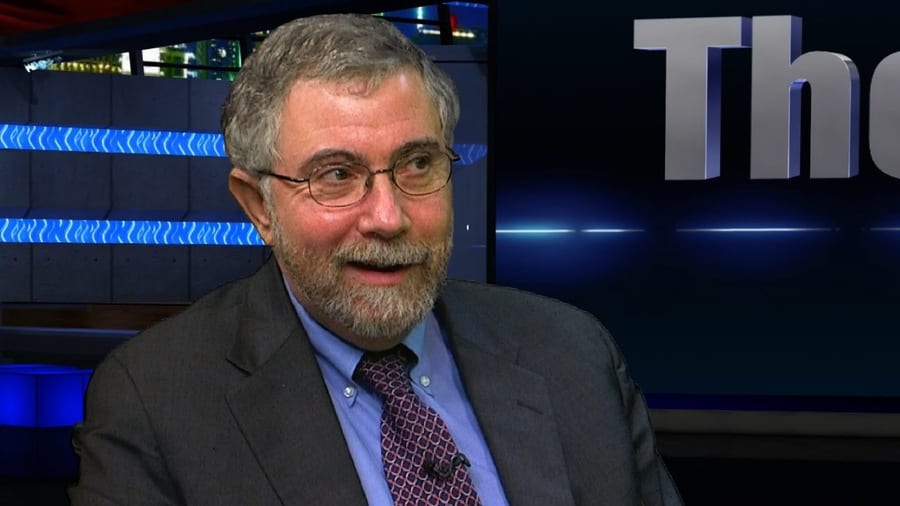
User complaints are something that companies are keen to avoid since they sometimes paint a very bad image.
That image is worse for companies that claim to be at the forefront of technology and disruptive of a traditional economic sector because their missteps can impose significant costs on consumers.
This is the case with Venmo, an app that enables users to transfer funds between them directly through bank accounts. The app, whose parent is PayPal (PYPL), says it has disrupted -- simplified -- how we transfer money and pay for certain peer-to-peer transactions.
For example, the friends who go to dinner in a restaurant don't all need to present their bank cards to pay portions of the bill. One person in the group can take care of the bill and the rest can instantly transfer what they owe to that person.
The app, like rivals CashApp and Zelle, is widely used to pay for services such as, for example a nanny, therapist or trainer. Its success has even brought Venmo into common parlance. We often hear people say, "I can Venmo you."
'The Software Has Taken Control'
Venmo thus appealed to a broad consumer base of different demographics, not only Gen Z and Millennials but also Gen X. And the group includes the Nobel Prize winner in economics Paul Krugman. The economics columnist for The New York Times and professor at City University of New York has just admitted to being a big user of Venmo.
This disclosure should be good publicity for the payments app. But it will in fact become negative news since Krugman has just indicated that he encountered a big problem with Venmo.
Venmo representatives struggled to solve the problem and finally admitted not to know what was going on, pushing Krugman to an extreme solution: to publicly express his frustration on the social network Twitter.
"Too busy to tweet. But not to vent," the economist posted on Twitter on March 8. "I've been using Venmo for years, but now it won't allow me to make payments. I spent a long time in chat with representatives, and they told me that they can't explain why — or fix it. The software has taken control."
Two hours after that tweet, Krugman posted another one to say that the issue had finally been resolved. And this thanks to the fact that he had shared the failures of the app in the public square.
On the other hand, he did not give further details on the explanations that Venmo had provided to him or the cause of the problem.
"And tweeting got results," he said. "A representative called and we seem to be up again."
Venmo says it can't comment on individual accounts or private accounts for privacy reasons.
'Privilege'
Twitter users pointed out to Krugman that his prominence served him well, suggesting that ordinary Venmo users are experiencing similar issues that remain unresolved.
These users say the Krugman case shows that there are two services: one for the privileged and another for ordinary consumers.
"Now imagine what its like for someone without millions of followers," commented a Twitter user.
"Your privilege paid off! Congratulations," added another user.
"What do people that don’t have 4.5m followers do?" asked one user.







